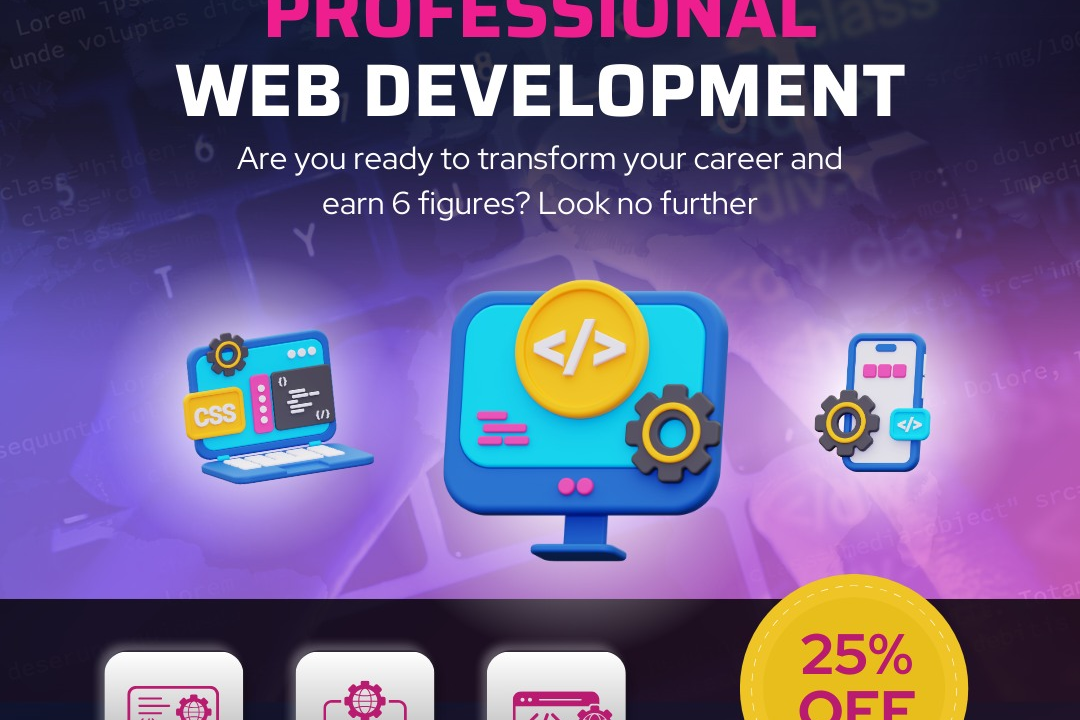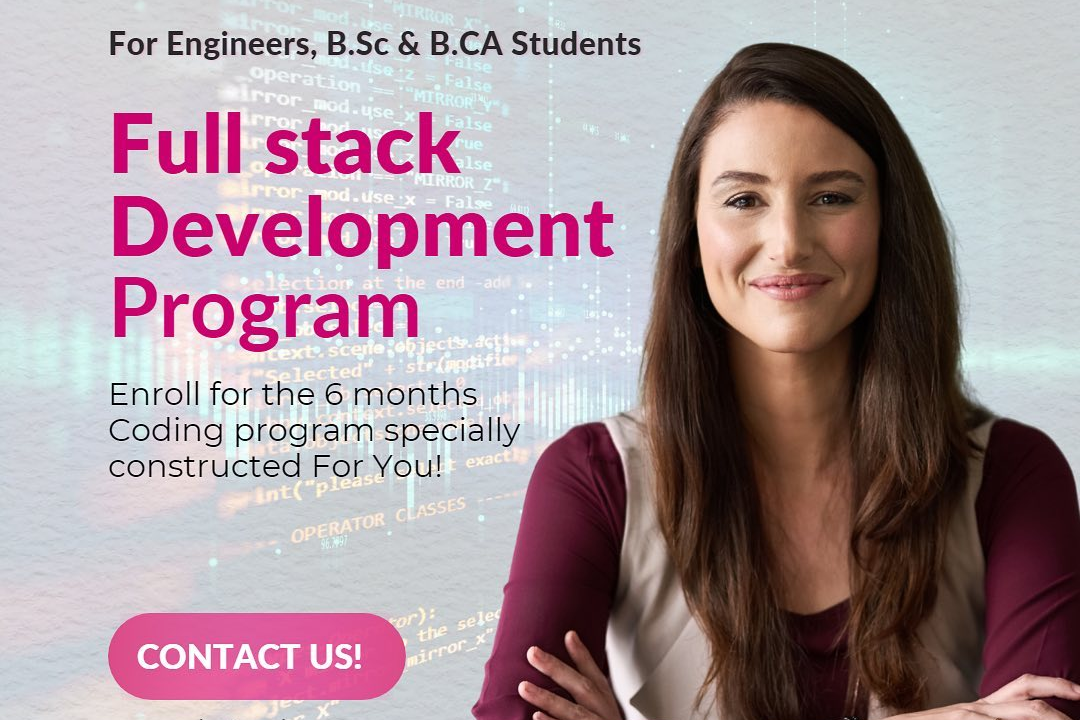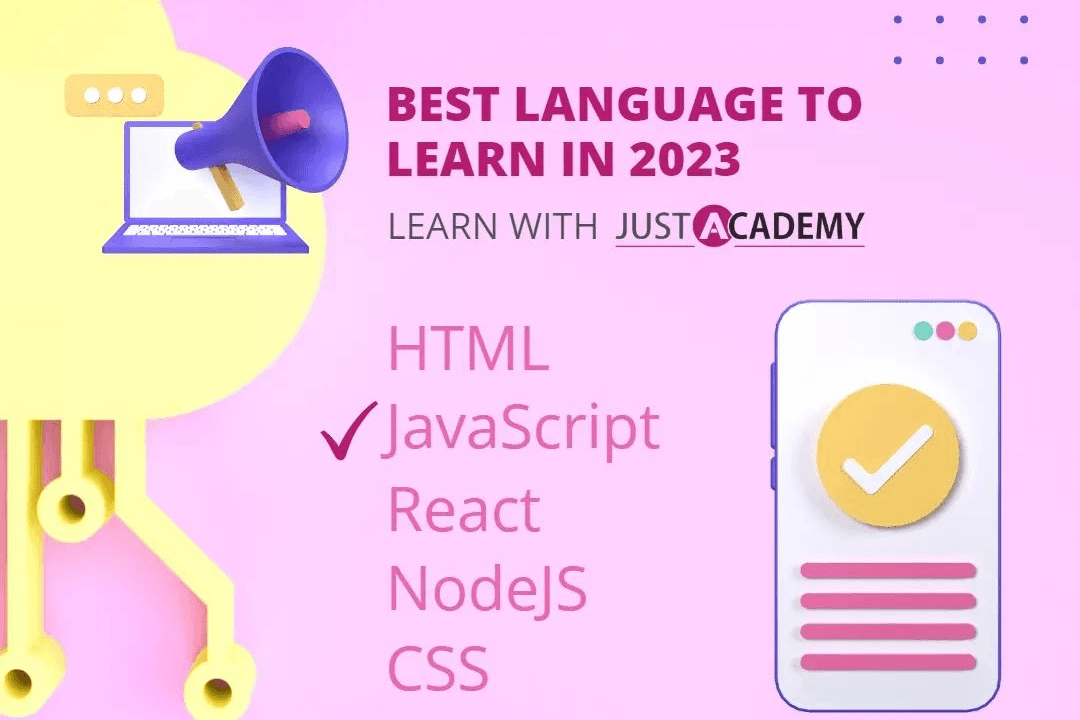Advanced Flutter Interview Questions For Senior Developers
Advanced Flutter Interview Questions: A Guide for Senior Developers
Advanced Flutter Interview Questions For Senior Developers
Advanced Flutter Interview Questions for Senior Developers provide a thorough evaluation of a candidate's proficiency in complex Flutter concepts, enabling hiring teams to assess their in-depth knowledge of state management, performance optimization, architectural patterns, and mobile development best practices. These questions challenge candidates to demonstrate their ability to handle advanced scenarios, design scalable and maintainable applications, and solve complex programming challenges effectively.
To Download Our Brochure: https://www.justacademy.co/download-brochure-for-free
Message us for more information: +91 9987184296
1 - Architectural Considerations: Design a scalable and maintainable Flutter application architecture using BLoC/Provider patterns.
2) Performance Optimization: Optimize Flutter app performance using DevTools, hot/cold restarts, and asynchronous programming.
3) Dependency Management: Implement effective dependency management for Flutter projects using packages, pubspec.yaml, and package versioning.
4) Testing and Debugging: Describe testing techniques in Flutter (e.g., unit, integration, widget tests) and debugging tools.
5) Accessibility and Localization: Enhance app accessibility by implementing screen readers, accessibility annotations, and supporting multiple languages.
6) Cloud Integration: Integrate your Flutter app with cloud services (e.g., Firebase, AWS) for data storage, authentication, and notifications.
7) Advanced UI Techniques: Implement custom widgets, animations, transforms, and gestures to create engaging and interactive user experiences.
8) Cross Platform Development: Build Flutter apps for multiple platforms (iOS, Android) to optimize development time and code sharing.
9) Performance Monitoring and Analytics: Monitor app performance and user behavior to identify bottlenecks and gather insights.
10) Code Quality and Clean Architecture: Adhere to best practices in Flutter development (e.g., design patterns, code style guides, unit testing) for maintainability.
11 - Future Proofing: Discuss techniques for future proofing your Flutter apps (e.g., migration strategies, new feature integration).
12) Mobile Development Trends: Stay informed about the latest trends in mobile development and how they apply to Flutter.
13) App Lifecycle and State Management: Understand and implement app lifecycle events and state management techniques in Flutter (e.g., StatefulWidget, StreamBuilder).
14) Data Persistence and Caching: Implement various data persistence and caching mechanisms (e.g., SharedPreferences, Hive) for efficient app data handling.
15) Scalable Data Fetching: Design and implement scalable data fetching strategies to handle large datasets and avoid performance bottlenecks.
- Increase the quality of your content. This means writing articles that are well researched, informative, and engaging. It also means using keywords throughout your content so that people can easily find it through search engines.
- Promote your content on social media.* Share your articles on social media platforms like Twitter, Facebook, and LinkedIn. This will help to get your content in front of a wider audience.
- Guest blog.* Write guest posts for other blogs in your industry. This is a great way to get your content in front of a new audience and build relationships with other bloggers.
- Submit your content to directories.* There are a number of directories where you can submit your content for free. This will help to increase the visibility of your content and get it in front of a wider audience.
- Build relationships with other bloggers and influencers.* Get involved in the blogging community by commenting on other blogs, participating in Twitter chats, and attending industry events. This will help you to build relationships with other bloggers and influencers, which can lead to opportunities to collaborate on projects and get your content in front of a wider audience.
- Use paid advertising.* If you have the budget, you can use paid advertising to get your content in front of a wider audience. This can be a very effective way to reach a specific target audience.
- Course Overview
- This comprehensive course equips senior Flutter developers with advanced interview techniques and knowledge to excel in their interviews. Covering complex concepts, design patterns, performance optimization, and industry best practices, the course empowers candidates to demonstrate their expertise and prepare for challenging interview scenarios.
- Course Description
- Master Flutter interview questions designed for senior developers, covering advanced concepts such as state management, navigation, dependency injection, performance optimizations, and testing. Enhance your interviewing skills and prepare for the most challenging technical assessments.
- Key Features
- 1 - Comprehensive Tool Coverage: Provides hands-on training with a range of industry-standard testing tools, including Selenium, JIRA, LoadRunner, and TestRail.
- 2) Practical Exercises: Features real-world exercises and case studies to apply tools in various testing scenarios.
- 3) Interactive Learning: Includes interactive sessions with industry experts for personalized feedback and guidance.
- 4) Detailed Tutorials: Offers extensive tutorials and documentation on tool functionalities and best practices.
- 5) Advanced Techniques: Covers both fundamental and advanced techniques for using testing tools effectively.
- 6) Data Visualization: Integrates tools for visualizing test metrics and results, enhancing data interpretation and decision-making.
- 7) Tool Integration: Teaches how to integrate testing tools into the software development lifecycle for streamlined workflows.
- 8) Project-Based Learning: Focuses on project-based learning to build practical skills and create a portfolio of completed tasks.
- 9) Career Support: Provides resources and support for applying learned skills to real-world job scenarios, including resume building and interview preparation.
- 10) Up-to-Date Content: Ensures that course materials reflect the latest industry standards and tool updates.
Benefits of taking our course
Functional Tools
1 - Flutter: A cross platform mobile app development framework used to build native Android and iOS apps with a single codebase.
2) Dart: The programming language used in Flutter for building apps. It's an object oriented, cross platform language with a syntax similar to Java and JavaScript.
3) Visual Studio Code: A popular code editor for Flutter development. It offers syntax highlighting, code completion, and debugging capabilities.
4) Android Studio: IntelliJ based development environment for Android apps. It supports Flutter development through plugins and provides tools for building, debugging, and packaging Android apps.
5) Xcode: Apple's integrated development environment (IDE) for macOS and iOS development. It supports Flutter development through plugins and provides tools for building, debugging, and packaging iOS apps.
6) Firebase: A cloud based platform that provides a suite of services for mobile app development, such as real time database, cloud storage, and authentication.
7) bloc: A state management library for Flutter apps. It helps in managing the application state in a predictable and maintainable way.
8) Provider: A dependency injection library for Flutter apps. It allows for easy access to shared data and services throughout the application.
9) Mocktail: A mocking library for Flutter apps. It allows for creating fake objects for testing purposes, making it easier to test the application's behavior.
10) Flutter Inspector: A tool for debugging and analyzing Flutter apps. It provides insights into the app's layout, performance, and memory usage.
There are a few things you can do to get more points:
- Complete tasks. Each task you complete will earn you points. The more difficult the task, the more points you will earn.
- Refer friends.* When you refer a friend to the site, you will both earn points.
- Participate in contests and giveaways.* Contests and giveaways are a great way to earn extra points.
- Be active on the site.* The more active you are on the site, the more points you will earn. This includes logging in daily, completing tasks, and participating in discussions.
- Here are some additional tips for getting more points:
- Join a team.* Joining a team can help you earn more points, as you can work together with your teammates to complete tasks.
- Be consistent.* The more consistently you complete tasks, the more points you will earn.
- Be patient.* Earning points takes time and effort. Don't get discouraged if you don't see results immediately. Just keep at it and you will eventually reach your goals.
Browse our course links : https://www.justacademy.co/all-courses
To Join our FREE DEMO Session: Click Here
This information is sourced from JustAcademy
Contact Info:
Roshan Chaturvedi
Message us on Whatsapp:
Email id: info@justacademy.co
Dart Language Interview Questions For Experienced












